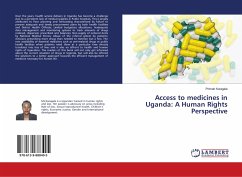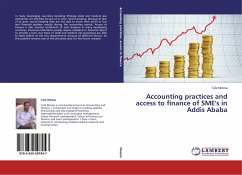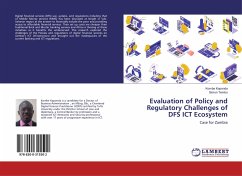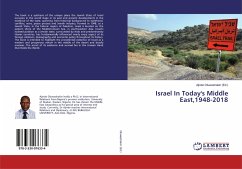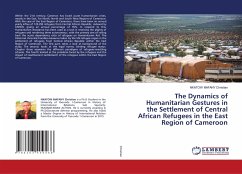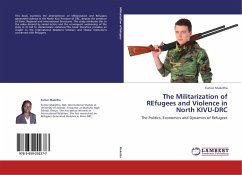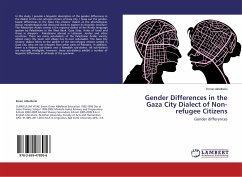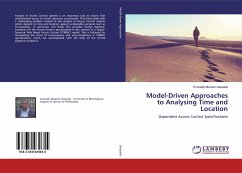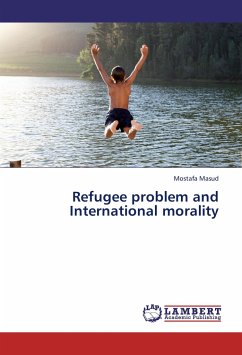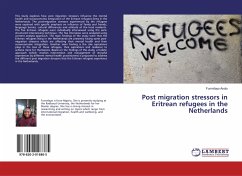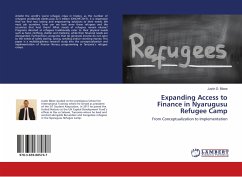
Expanding Access to Finance in Nyarugusu Refugee Camp
From Conceptualization to Implementation
Versandkostenfrei!
Versandfertig in 6-10 Tagen
27,99 €
inkl. MwSt.

PAYBACK Punkte
14 °P sammeln!
Amidst the world's worst refugee crises in history, as the number of refugees worldwide climbs past 22.5 million (OHCHR 2017), it is imperative that we find real, lasting and empowering solutions to their needs. We must ask ourselves, how can we best serve these refugees and the countries that host them? What needs of refugees remain elusive? Programs directed at refugees traditionally cater to their physical needs such as food, clothing, shelter and medicine, while their financial needs are disregarded. Furthermore, programs that do generate income do not cater to the needs of safely storing,...
Amidst the world's worst refugee crises in history, as the number of refugees worldwide climbs past 22.5 million (OHCHR 2017), it is imperative that we find real, lasting and empowering solutions to their needs. We must ask ourselves, how can we best serve these refugees and the countries that host them? What needs of refugees remain elusive? Programs directed at refugees traditionally cater to their physical needs such as food, clothing, shelter and medicine, while their financial needs are disregarded. Furthermore, programs that do generate income do not cater to the needs of safely storing, saving, sending and/or receiving money. This paper is a multidisciplinary research study into the conceptualization and implementation of finance literacy programming in Tanzania's refugee camps.



